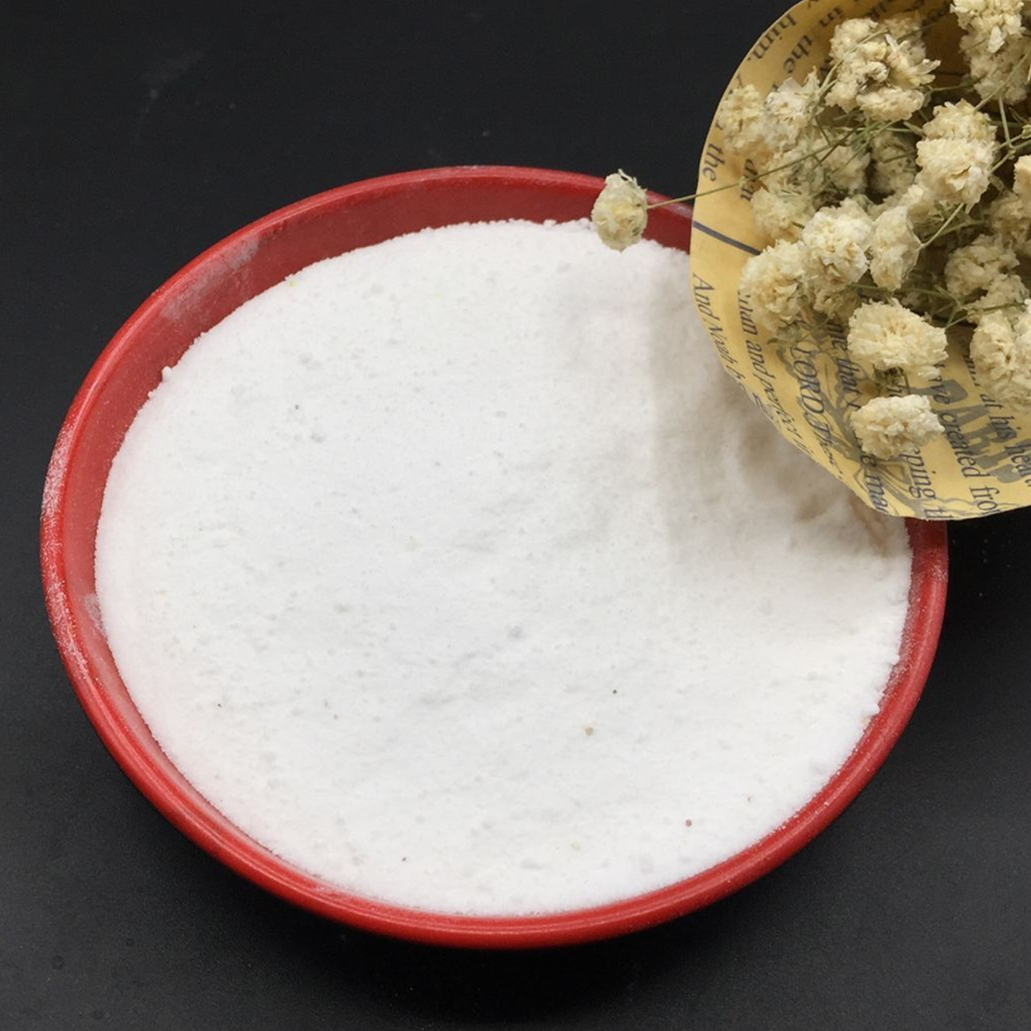
Dec . 25, 2024 11:06 Back to list
Manufacturer of NPK Fertilizer Solutions for Effective Crop Nourishment and Growth
Understanding NPK Fertilizer The Role of Manufacturers in Agricultural Productivity
NPK fertilizer, an essential component in modern agricultural practices, plays a critical role in enhancing soil fertility and ensuring optimal crop yields. The acronym NPK stands for Nitrogen (N), Phosphorus (P), and Potassium (K)—three key nutrients that are vital for plant growth. Each of these macronutrients serves a distinct purpose in promoting healthy crops, making NPK fertilizer a popular choice among farmers worldwide.
The Importance of NPK Fertilizer
Nitrogen is crucial for the production of chlorophyll, the green pigment in plants that is essential for photosynthesis. It encourages vigorous growth, leafy development, and improves the overall health of crops. Without adequate nitrogen levels, plants may exhibit stunted growth, yellowing leaves, and reduced biomass.
Phosphorus, on the other hand, plays a significant role in energy transfer, photosynthesis, and nutrient transport within the plant. It aids in root development and promotes flower and fruit production, making it vital during the reproductive phase of crops. Insufficient phosphorus can lead to poor root systems and diminished yields.
Potassium is essential for regulating various physiological processes, including water uptake, enzyme activation, and overall plant health. It helps crops withstand drought and disease, making it integral to both yield quality and resilience. A lack of potassium can result in weak stems, poor fruit quality, and increased susceptibility to disease.
The Role of Manufacturers
NPK fertilizer manufacturers are at the forefront of agricultural productivity, creating a wide variety of formulations to meet diverse farming needs. Their role extends beyond merely producing fertilizers; they are involved in research and development to formulate products that cater to specific crop requirements and regional soil conditions.
npk fertilizer company manufacturer

Manufacturers typically analyze soil composition and crop needs to develop tailored NPK blends. For example, a manufacturer might create a high-N formulation for leafy vegetables that primarily require nitrogen, while a fruit-bearing crop may benefit more from a balanced NPK ratio that includes phosphorus and potassium. This customization is vital in promoting efficient nutrient uptake and maximizing crop yields.
Quality control is another critical aspect of their operations. A reputable NPK fertilizer manufacturer ensures that their products meet stringent quality standards, which guarantees that farmers receive fertilizers that deliver consistent results. Quality fertilizers can significantly impact crop performance and farm profitability.
Environmental Considerations
As the demand for higher crop yields grows, manufacturers are also increasingly focusing on sustainable practices. The overuse of synthetic fertilizers can lead to soil degradation, water pollution, and ecological imbalances. Therefore, many manufacturers are now exploring more sustainable fertilizers, including those that incorporate organic matter and slow-release formulations. These innovations not only improve nutrient efficiency but also minimize environmental impacts.
Moreover, the trend of precision agriculture—using technology to optimize field-level management—has encouraged manufacturers to produce fertilizers compatible with modern farming techniques. This includes the development of precision fertilizers that release nutrients based on soil moisture and crop needs, ensuring that plants receive the right nutrients at the right time.
Conclusion
In conclusion, NPK fertilizer manufacturers play a pivotal role in modern agriculture by producing essential nutrient solutions that drive crop productivity and sustainability. Their commitment to researching effective formulations, maintaining high product quality, and addressing environmental challenges is crucial in shaping the future of agriculture. As the global population continues to rise and the demand for food increases, the importance of these manufacturers will only continue to grow. By providing farmers with the tools they need to succeed, they contribute significantly to food security and agricultural integrity worldwide. The partnership between farmers and NPK fertilizer manufacturers is vital for thriving agriculture in the 21st century.
-
10-10-10 Organic Fertilizer - Balanced NPK Formula
NewsAug.02,2025
-
Premium Organic Manure Compost for Eco Gardens
NewsAug.01,2025
-
Organic 10-10-10 Fertilizer | Balanced Plant Nutrients
NewsJul.31,2025
-
Premium Amino Acid Fertilizer | Rapid Plant Growth Booster
NewsJul.31,2025
-
10 10 10 Fertilizer Organic—Balanced NPK for All Plants
NewsJul.30,2025
-
Premium 10 10 10 Fertilizer Organic for Balanced Plant Growth
NewsJul.29,2025
